Од објавувањето на романот во Париз, во издание на La Table Ronde – Gallimard, романот Осмото светско чудо на Плевнеш има една возбудлива интернационална одисеја. За него пишувале водечки светски медиуми, а воедно одржани се и повеќе академски симпозиуми на Универзитетот Сорбона во Париз и Хумболд во Берлин.
Главниот настан во Вашингтон се одржа во Writers Center во Bethseda, а Плевнеш го претстави својот роман и пред македонската заедница во Америка. Промотовните активности продолжија на посебна средба во Конгресната библиотека, со Мариан Фокс, историчарка, специјализирана за ликот и делото на Томас Џеферсон, според кого библиотеката го носи името, при што повеќе примероци од разни изданија на романот беа потпишани и подарени од авторот. Исто така вреди да се спомене и промоцијата на романот на Катедрата за креативно пишување при American University, во Вашингтон.
Како надополнување на сето ова, овие денови се појави критиката на романот од познататата американска литературна критичарка од Midwest Book Review, Diane Donovan, која што Осмото светско чудо го става во светскоит литертурен контекст. Во својата критика таа нагласува дека: „стилот и нарацијата на Осмото светско чудо синтетизира еден енергичен и комплексен глас, кој особено ќе ги воодушеви читателите кои уживаат во предизвикувачки анализи за човечката состојба “
The Eighth Wonder of the World
Jordan Plevnes
Plamen Press
978-0-9960722-6-7
www.plamenpress.com
In his last seconds of life in Berlin in 1989, protagonist Alexander Simsar envisions a monument that not only celebrates humanity's achievements, but possibly represents the pinnacle of an individual life lived futilely. Such an achievement would be deemed the Eighth Wonder of the World, and would be a unifying ideal that embraces all peoples, purposes, and achievements.
Dreams of humanity's struggles and God's will are nothing new to Alexander. At an early age, he fell asleep at his father's funeral in a small Macedonian village and dreamed of holding the world in his hands, admonished by his individual history and that of humanity to carve a legacy in stone where: "...you will either leave your name in it, like on a grave, or turn its stony silence into a thought that lives eternally!”
The dream affects his life—but not in the way the reader would imagine, because life itself twists and changes its meaning and adds a price to achievement that Alexander (who should be great, but isn't) hasn't paid.
As he makes a political and social case for building an unprecedented relic reflecting humanity's meaning, Alexander reviews Europe's history, condition, and the reasons why such a gesture is essential: "Europe needs such a new wonder of the world to overcome the historical logic of its existence, which is marked by a huge machine of death by the two dominant ideologies of the twentieth century, fascism and communism."
Alexander garners contributions towards his visionary project from such unlikely sources as singing on a plane bound for Vienna, promoting his cause to those who have but a cursory interest in the architect's ideals and background as a survivor of Berlin and the small world of his native Macedonia.
As Alexander pursues the dream of his youth, involving his wife and others in his pursuit of the construction of the Cradle of the World in his own village, charged with the idea that "...the cradle and the coffin are the same everywhere, in all religions and all languages. Only birth and death are always the same everywhere!", he brings everyone along on a political, philosophical, and artistic satirical observation of history and culture.
Others comment on the fallacies of his dream and thinking, but Alexander moves ever further from mainstream thought and into worlds bordered by self-centeredness, a touch of insanity, and philosophical conundrums: "The type of perspective on man’s presence on earth that your so-called Eighth Wonder of the World or Cradle of the World opens up could have fatal consequences for the ‘pale-faced biped’ in all his multicolored versions. It could bring about the complete annihilation of the human race so dear to you!"
It's difficult to neatly identify the potential reader of The Eighth Wonder of the World, because at the root of this appreciation should be affection for literary reads and the traditions and high drama of the tragedies this story spoofs and reflects upon. History readers will find these literary devices to be intriguing, while literature readers will appreciate the incorporation of traditional satirical processes within the story of visionary Alexander's downfall and redemption.
Reminiscent of Ayn Rand's The Fountainhead, Shakespeare's tragedies, and the best of philosophical inspection, the style and presentation of The Eighth Wonder of the World incorporates a lively yet complex voice that will especially delight readers who enjoy challenging analyses of the human condition: "If I had fallen from a lesser height
I would have made it lower because, unlike the collective orientation of the Seventh Wonder of the World, with the Eighth Wonder of the World I am proposing not a collective, but an individual and yet international form of reconciliation, especially as the peoples taken collectively, and individuals seen individually, are not reconciled with each other and therefore produce death . . ."
The result is at once a satire; a celebration; a close inspection of the intersection of history, art and philosophy; and most of all, the revelations and transitions of a man forced to bring his lifelong vision beyond his Macadonian roots, to the world.
Not for the casual audience, The Eighth Wonder of the World will delight literature enthusiasts with a style and approach that leaves literary readers reflecting on the nature of Alexander's passion and life long after they're over (both the life and the story).
Diane Donovan, Senior Reviewer, Midwest Book Review
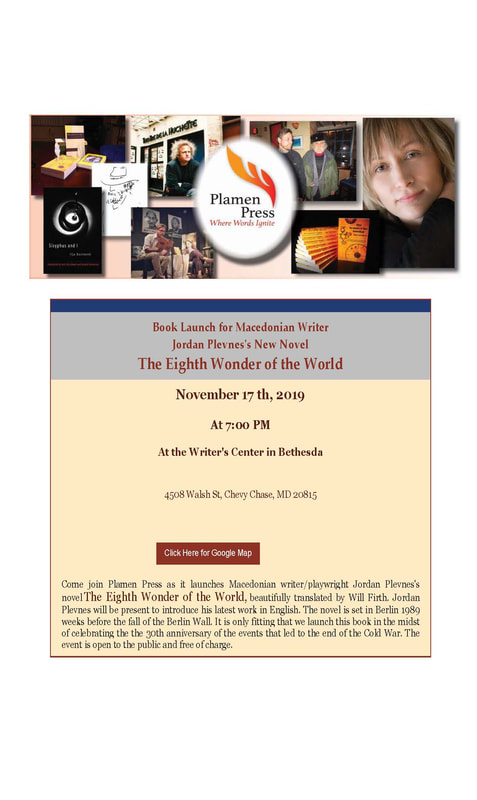
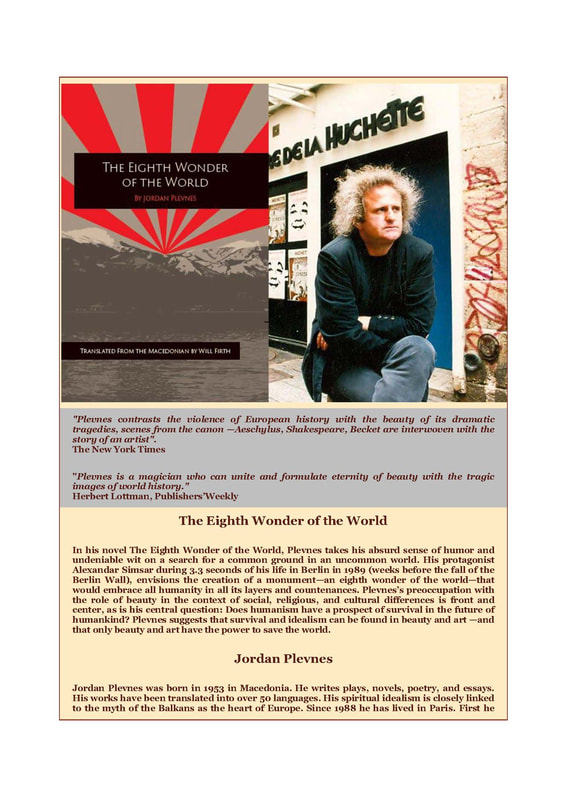
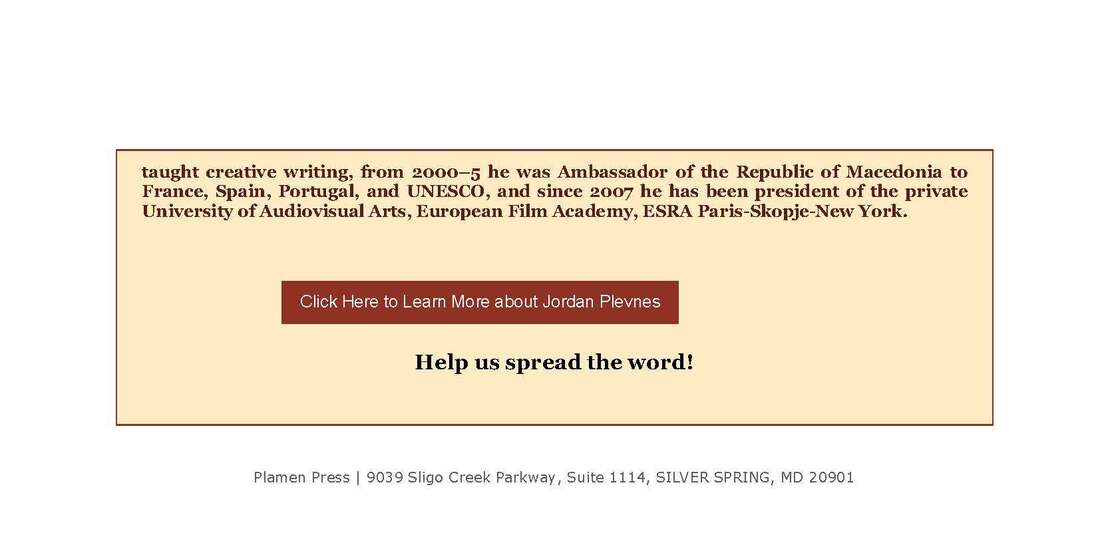
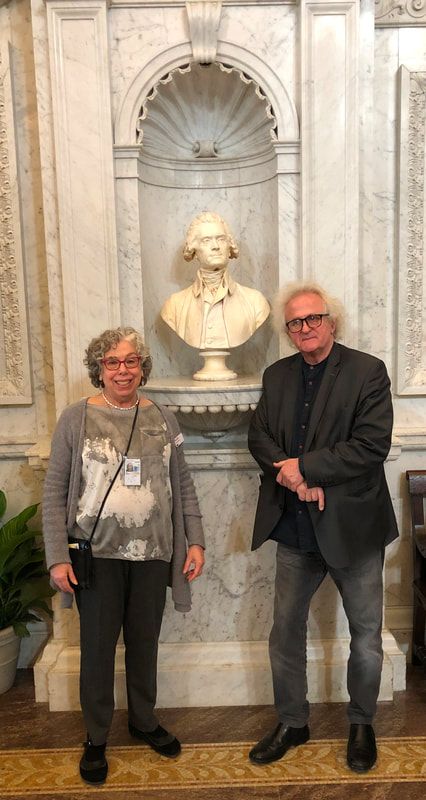
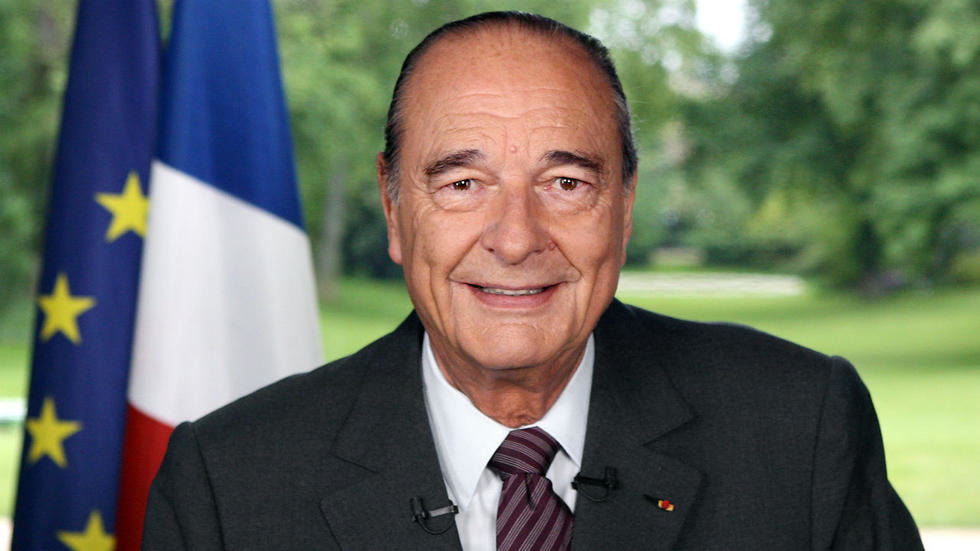
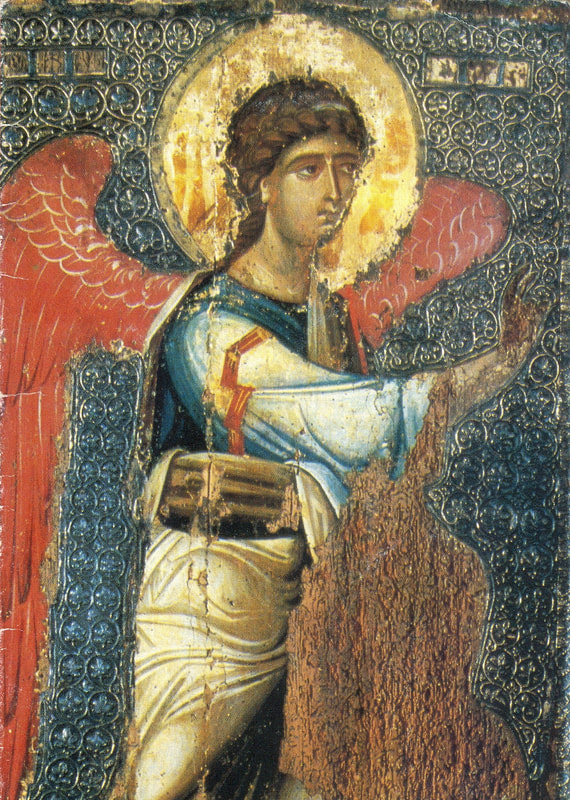
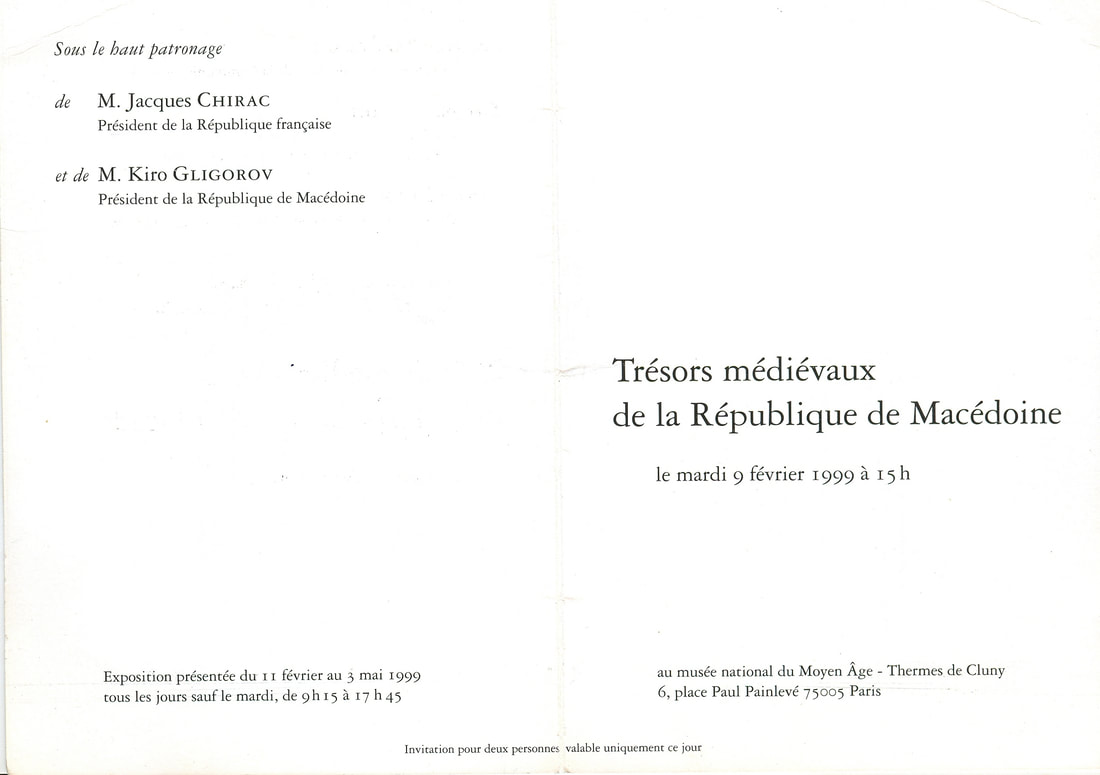
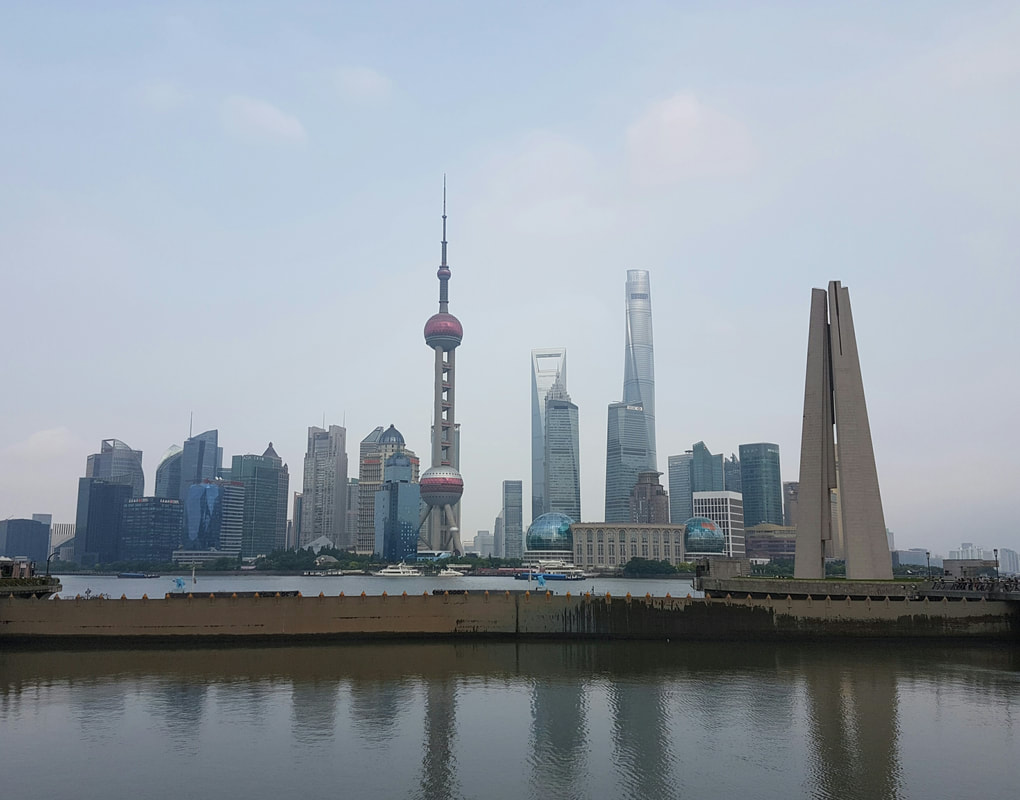
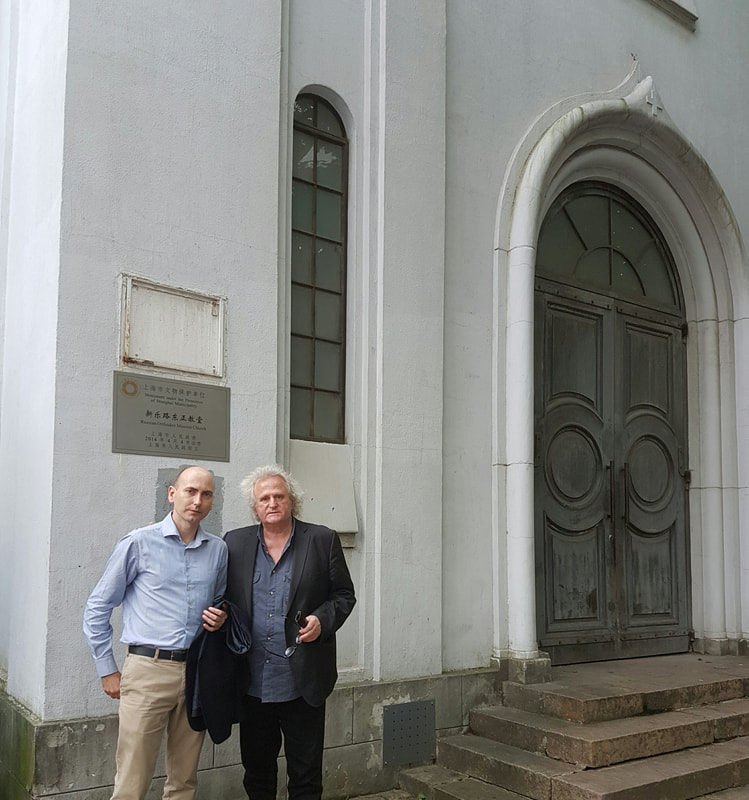

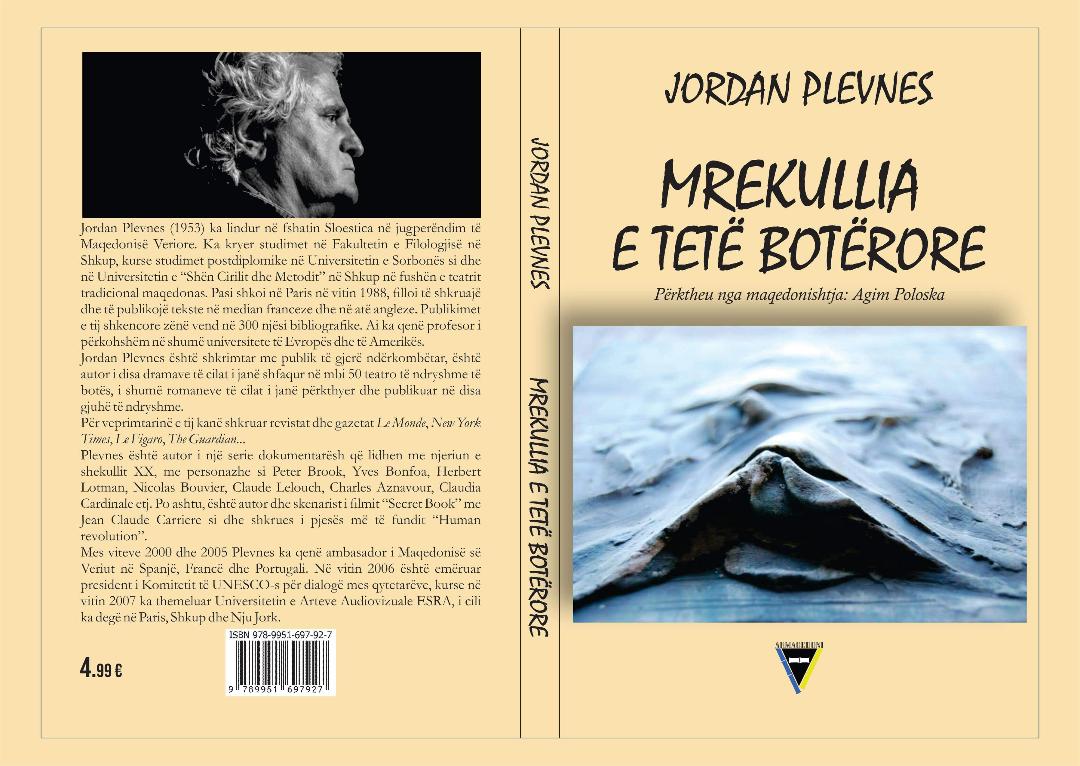
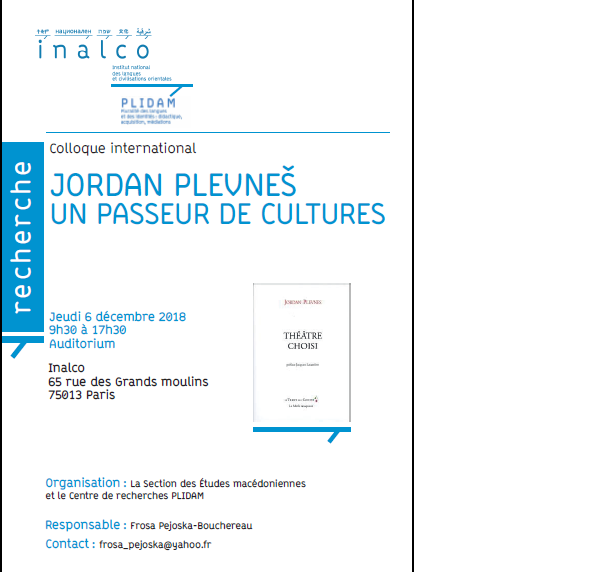
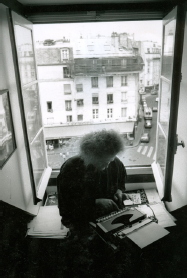
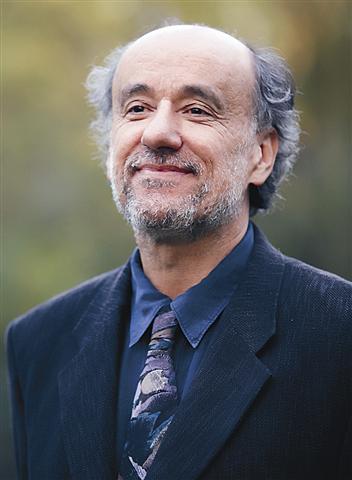
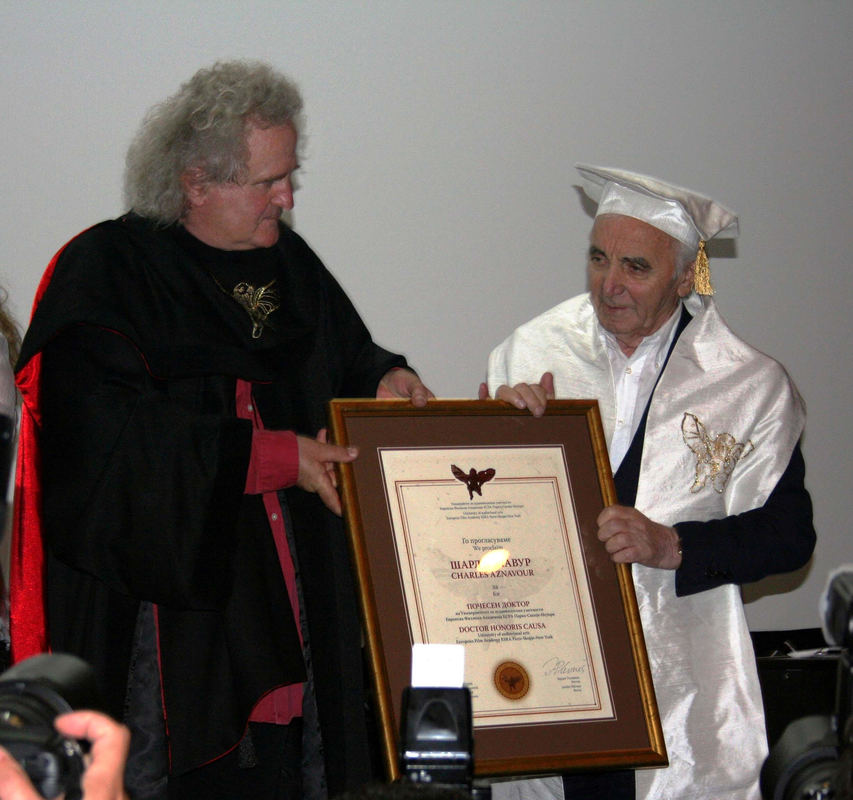
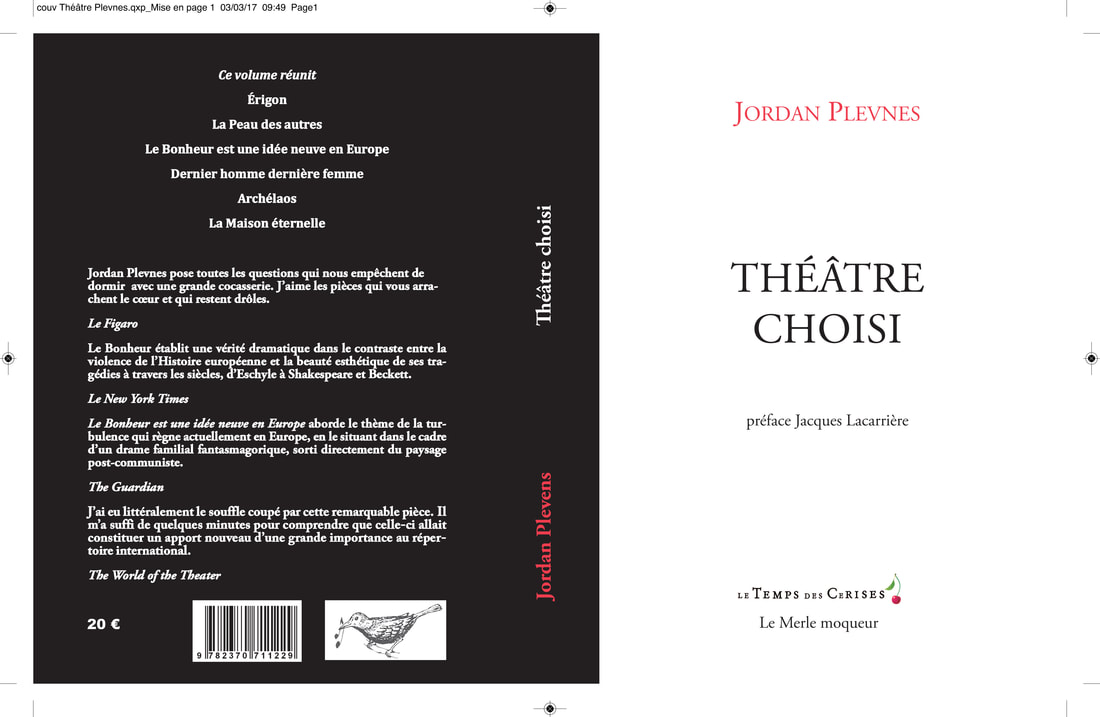
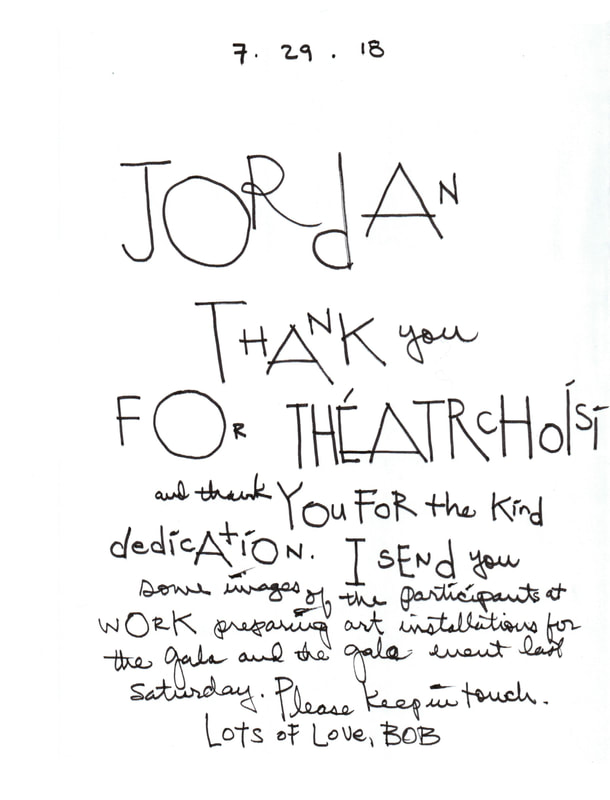
 RSS Feed
RSS Feed
